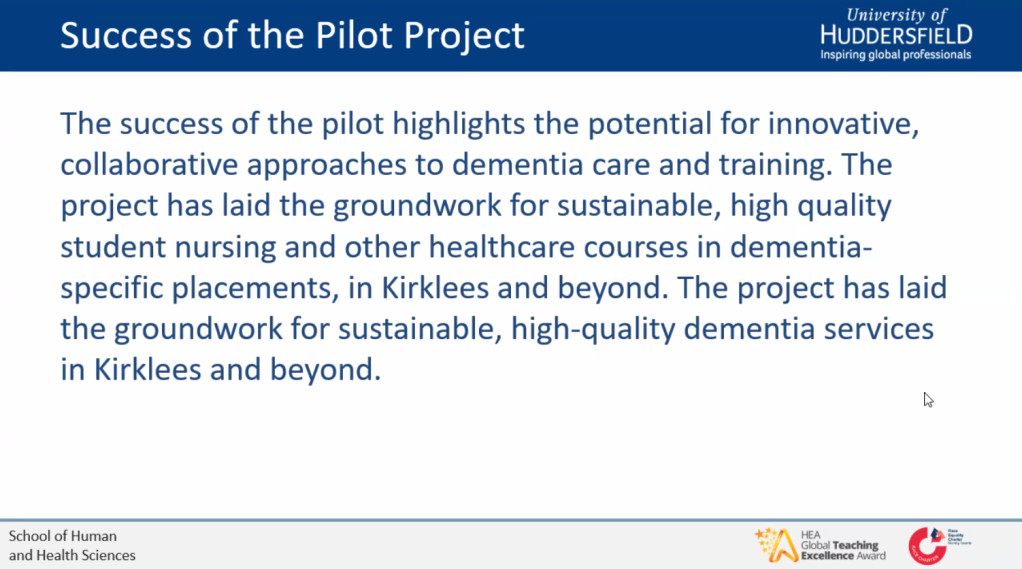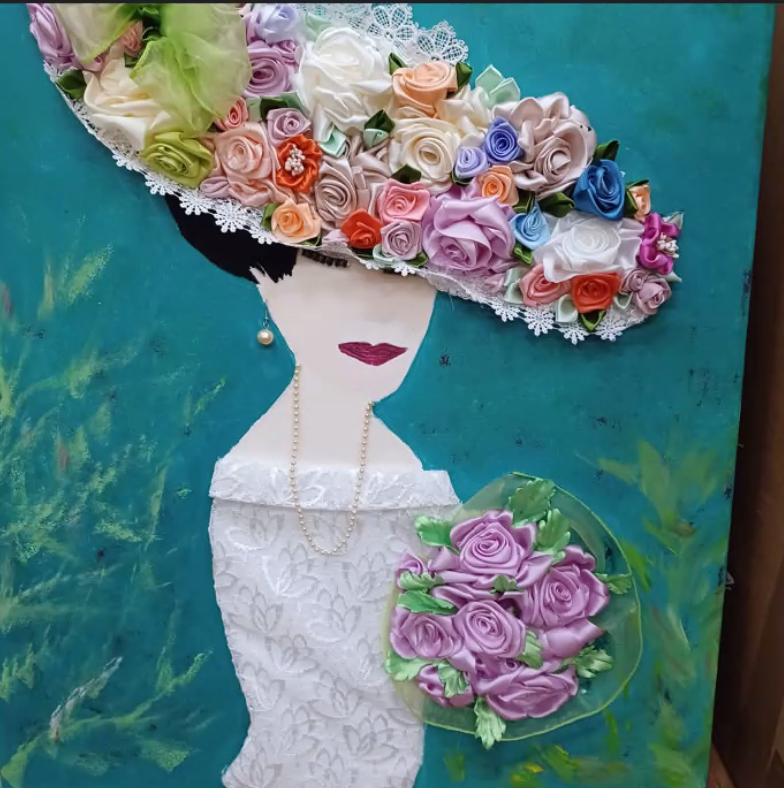Early on a Monday morning in the middle of June isn’t necessarily a great time for most of us, but that’s when we held the second session of the Meeting Centres International group and we were pleased to have representation from Meeting Centres in England, Scotland, the Netherlands, Poland and Zimbabwe.
People were welcomed to the session by Dr Shirley Evans before being invited to share updates on what’s happening in different areas.
We started with an update from Paul Shaw (Dunblane) about the situation in Scotland, as Meeting Centres seem to have taken off their, particularly with the recent launch of Meeting Centres Scotland. A lot of the progress has been due to the drive from Graham Galloway, together with support and engagement from Age Scotland to help start dementia friendly communities which can help to underpin the establishment of Meeting Centres. Lots of networking and collaboration is taking place across Scotland, including with the government, with Meeting Centres being included in the Scottish Dementia Strategy. The Life Changes Trust has also provided funding to help get some Meeting Centres up and running.
Professor Rose-Marie Dröes gave a quick update about an online pioneer course developed by the MeetingDem network about setting up a Meeting Centre. The course follows the Dutch guide and gives information about different aspects of the start-up process. English and Spanish versions of the course are now available, and a Dutch version is almost ready.
- The English course can be found here https://meetingdem.eu/blog/2023/10/10/online-introductory-course-for-pioneers-of-meeting-centres/
- The Spanish course can be found here https://e4you.org/es/moocs/implementacion-de-centros-de-encuentro-para-personas-con-demencia-y-sus-cuidadores
Next up was Clementinah Rooke who presented to the group about the work going on in Kirklees, England. She said that they began by looking at the needs in the local area, as well as the needs within the University of Huddersfield where she works, as she felt they that were not doing enough teaching around dementia to prepare students for the workplace. Consequently, a pilot project was set up as a collaborative venture between the University of Huddersfield and Kirklees Council to run a Meeting Centre in local libraries, with student placements as a key aspect of this. They delivered education to students from nursing and other healthcare disciplines to prepare them before their placements, with students being able to put their learning into practice when supporting people with dementia and family carers at the Meeting Centre.
Students learned a lot from the project, gaining interpersonal skills, confidence, communication skills, and learning how to be an active listener. They also felt that they got more out of their placements than just learning the theory about dementia in a university setting. The project had positive feedback from people with dementia and family members who attended the Meeting Centre, as well as from the library staff. An evaluation of the pilot found that it was the basis for a sustainable approach that both meets the student learning outcomes and provides a model of dementia care in community.

Discussions within the group indicated that while many other Meeting Centres support student placements and find they work well, they have tended to be on a more ad-hoc basis rather than being set up using such a systematic, embedded approach.
Clementinah also provided an update from Zimbabwe, where she has set up a Meeting Centre as a private voluntary organisation. It was interesting to hear how the person-centred approach used at the Meeting Centre has helped to change how people think about dementia, as dementia had previously been associated with witchcraft. More practical challenges have also been overcome to improve the infrastructure at the Meeting Centre by getting solar power installed and a Wi-Fi connection established. The main issue the Meeting Centre is currently facing is around the level of monitoring required which can get quite political at times.
Next up, Szymon Chrobak provided an update from Poland. We heard that the Meeting Centre in Wroclaw is still operating well, and is also running a parallel group for other older people who do not necessarily have dementia, with some joint activities and sessions bringing both groups together. The Meeting Centre offers activities to support mental and physical wellbeing, with both music and art therapy sessions being well received (see example artwork below). They have also worked with local schools, including a performance around fairytales, and find it useful to share photos and videos on Facebook page to show what goes on at the Meeting Centre. Additional exercise and sport sessions are also offered beyond those that take place in a standard Meeting Centre session, keeping everyone physically active. As well as the Meeting Centre sessions, there is a support group for family carers which is open to the wider community, not just to people who are supporting someone who attends the Meeting Centre.

As a more general point, there was recognition about the importance of sharing information, images and videos via social media as a means of reaching a wider audience, and some links from people who were at the session were shared:
- Dunblane Meeting Centre (Facebook) https://www.facebook.com/dementiafriendlydunblane
- Leominster Meeting Centre (Facebook) https://www.facebook.com/p/Leominster-Meeting-Centre-100064381073844/?locale=fy_NL
- Wroclaw Meeting Centre (Facebook) https://www.facebook.com/nacieplej/?locale=pl_PL
- Meeting Centres UK (Twitter/X) https://x.com/meetingcentres
To bring the session to a close, Shirley noted that a further international meeting is likely to be scheduled for October, when there could be an update on a potential international project.
Thanks to those who were able to attend and it was great to see what’s going on with Meeting Centres in different places.
If you would like to watch a recording of the session for more detail about the discussions, you can do so here: https://youtu.be/YT0MmMJk0MQ
Connect with ADS on twitter @DementiaStudies and on Facebook @adsuow
We’re also on Instagram, Threads and LinkedIn so have a look and find us there too
